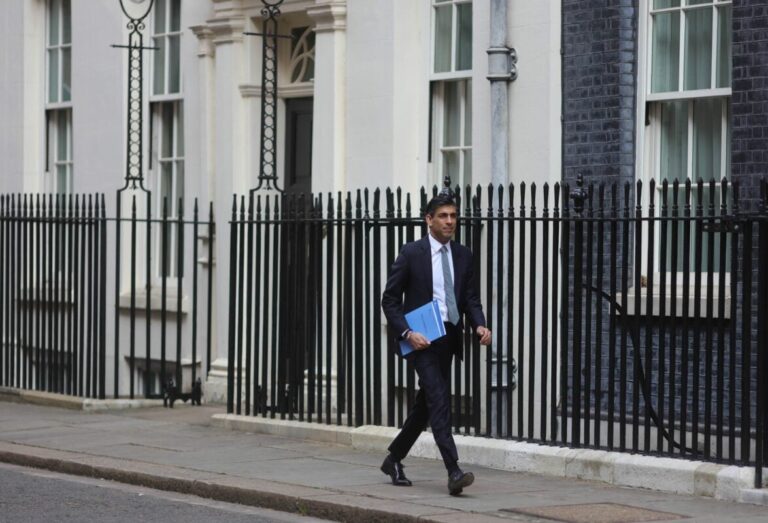On May 22, British Prime Minister Rishi Sunak announced that the next general election will take place on July 4 this year. The announcement, long before the major political parties began meaningful campaigning, came as a surprise to most political commentators.
Sunak said: “I have never and will never let the people of this country face the darkest of days alone,” and acknowledged that “Putin’s invasion of Russia caused energy bills to skyrocket.”
“This is the moment for Britain to choose its future,” he continued. “How and who do you trust? Who is willing to take the bold action needed to secure a better future for our country?”
On climate, Sunak said his government has prioritized energy security over environmental dogma.
Climate policy is a contentious issue in parliament, especially in view of the upcoming elections. Moving the date means that decisions will have to be speeded up or abolished altogether.
The beginning of May, Ed Miliband told the audience at Innovation Zero 2024 that achieving a net zero energy grid by 2030 is Labour’s “North Star”.
In essence, climate policy is somewhat in flux. When the general election was expected to be months away, it didn’t seem all that urgent, but an upcoming election will raise concerns about Britain’s climate trajectory. The timeline for legislation will need to be adjusted, with the climate in these elections being a central topic of debate.
Leo Murray, co-director of climate charity Possible, said: “We cannot let the procrastinators and the deniers decide this election. We must protect the consensus on climate action that we have built among the public and politicians and pave the way for a climate parliament.”
This article was originally published on Current±.


